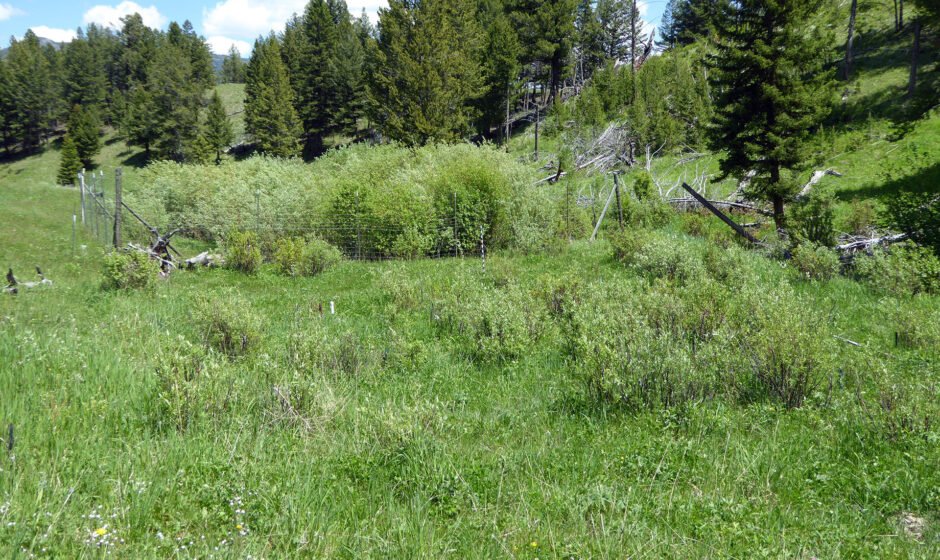A long-term experiment conducted by Colorado State University (CSU) has revealed that the removal of apex predators from an ecosystem can have lasting effects that are not reversed even after their reintroduction. The study, published in Ecological Monographs, challenges the commonly held belief that the reintroduction of wolves to Yellowstone National Park restored the ecosystem that had been degraded by their absence.
Researchers from CSU’s Warner College of Natural Resources examined the effects of apex predators, including cougars, grizzly bears, and wolves, in Yellowstone. The absence of these predators for nearly a century transformed the food web and landscape of Yellowstone’s northern range, leading to a shift from willow and aspen stands to grasslands due to intensive browsing by elk.
The study found that the ecosystem did not return to its previous state once the apex predators were restored. The changes had stabilized into an alternative ecological state that resisted returning to previous conditions. This suggests that the reintroduction of apex predators may not be a quick fix for restoring ecosystems.
Tom Hobbs, lead author and professor emeritus with the Department of Ecosystem Science and Sustainability, emphasized the importance of maintaining the integrity of the food web to prevent the loss of top predators. While the restoration of apex predators may not immediately improve the ecosystem, it is a crucial step in creating healthier ecosystems in the long run.
The study also has implications for the reintroduction of wolves in Colorado. While the study provides insights into how restoring apex predators affects ecosystems, the environmental degradation seen in Yellowstone was not replicated in Colorado. Unlike Yellowstone, Colorado has managed elk populations using hunting, which has prevented widespread excessive grazing or browsing from elk.
Hobbs and Cooper, the researchers behind the study, acknowledged the importance of restoring wolves in Colorado but cautioned against expecting immediate ecosystem improvements. They highlighted that over the next hundred years, wolves will play a greater role in regulating ecological processes and reducing large herbivore populations.
The study conducted in Yellowstone was a long-term experiment that manipulated the landscape and assessed the effects of apex predators on the ecosystem. The researchers established study areas, fenced off plots to prevent browsing, and constructed simulated beaver dams to raise the water table. The results showed that the restoration of carnivores did not cause landscape restoration, emphasizing the complex nature of food webs and the persistent changes that can occur in ecosystems when they are disturbed.
The research conducted by CSU contributes to our understanding of how apex predators affect ecosystems under native species recovery. The study highlights the value of national parks in helping us understand ecological processes and protect ecosystems.



